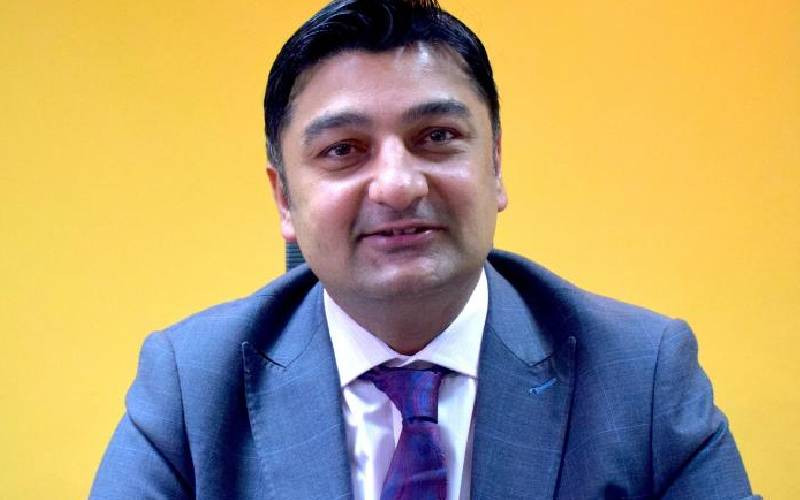×
The Standard e-Paper
Fearless, Trusted News

Rashid Khalani, chief executive officer Aga Khan University Hospital. [File]
Q) As an institution whose business is in the healthcare space, what would you say of the current Covid-19 situation in the country?